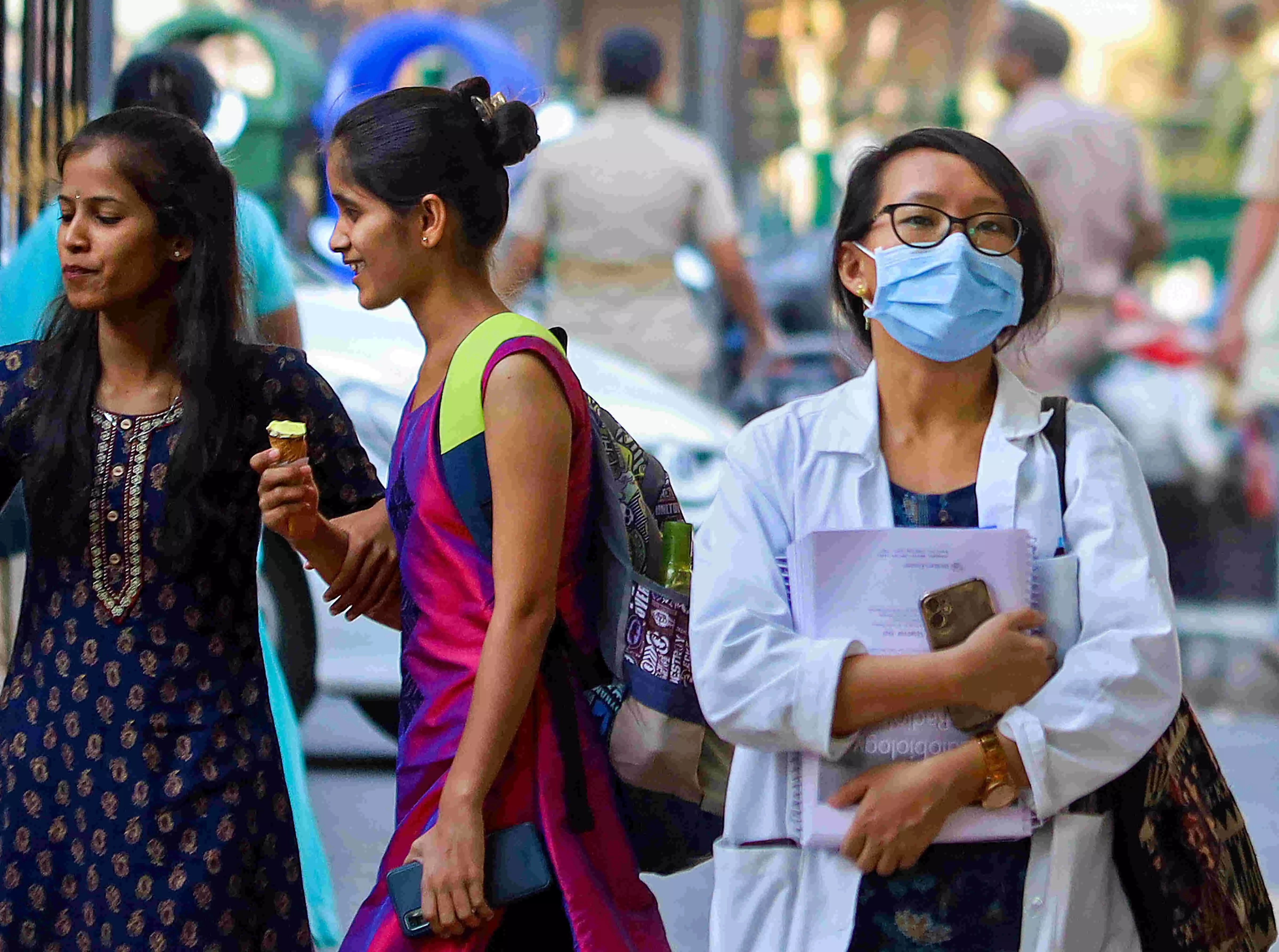A proactive approach to safety

It is heartening to see the proactiveness shown by the Central and some state governments in dealing with the seasonal rise in cases of the H3N2 virus — a subtype of Influenza virus. The Union Health Ministry had, on Friday, informed that the total influenza cases have crossed well over the 3,000 mark, with at least two deaths. Though the rise appears to be a seasonal phenomenon, the government has taken it seriously and issued guidelines for integrated surveillance of respiratory pathogens resulting in cases of influenza-like illness (ILI) or severe acute respiratory infection (SARI). It has also asked hospitals to keep themselves ready in case of a heavy influx of cases. Apart from the influenza illnesses, there has been an unusual uptick in cases related to Sars-Cov-2 (the COVID-19 virus). On Saturday, India recorded 456 fresh Covid infections, taking the overall number to 4.46 crore cases. If anything, the COVID-19 pandemic, which has killed at least 5,30,780 people in India to date, has taught us tough lessons. The most prominent among them is to realign our behavioural attributes with a new environment where novel viruses are competing for space in human settlements. The pandemic has taught us to live with viruses. The second thing it allowed humans was to mirror their bio-technological capabilities against the unanticipated, unprecedented threat. Despite the humongous magnitude of death and agony, it can be said that humans were still able to stave off a grimmer situation in a limited time. More importantly, the pandemic gave us an appropriately cautious perception towards viruses. None can disagree that humanity has paid an enormous price to learn these lessons. Unfortunately, we appear to be forgetting these lessons rather too fast. The primary reason behind the recent spike in the cases of the H3N2 subtype of influenza virus points towards our failure to sustain the behavioural precautions that need to become a routine part of our lives. The habit of hand sanitation and mask-wearing should be seen as a part of a new lifestyle. Peculiar though it was, the COVID-19 pandemic reflected a general picture of the viral threat that has evolved in our times, thanks to climatic and lifestyle changes. Resurfacing a range of different viruses and strains over the past couple of years should have been a clear signal that viruses cannot be shrugged off our shoulders so conveniently, they are here to stay. Defiance from this looming threat can anytime throw us into another ordeal if a dangerous strain resurfaces in any part of the world. Interestingly, the previous Saturday marked the completion of three years of the onset of the COVID-19 pandemic, allowing humans to take a pause and retrospect whether the threat is now completely off the mark. Daily Covid cases have dipped to all-time lows, economic activities are approaching pre-Covid levels and most people prefer not to abide by restrictions — self-imposed or otherwise. Prominent institutions that were tracking real-time data around the pandemic cases — which was extremely critical for keeping the situation under control — have now decided to give it up. Given that the threat is diluted for the moment, the quality and nature of data collection is most likely to come down, as is seen in countries like the US. But to be sure, the strains of Sars-Cov-2 are still in circulation and cases keep coming, though at a much smaller scale. However, the possibility of the emergence of newer, more dangerous strains cannot be ruled out. A fine line between caution and complacency needs to be drawn on a sustainable basis. The cautions should not be reactive, coming at a time when danger is already knocking at the door. It should be proactive and consistent, imbibed in the general lifestyle of the people. It is high time that Central and state governments adhere to the prescribed five-fold strategy of testing, tracking, treating, vaccinating, and following COVID-appropriate behaviour. People also need to ensure proper personal hygiene, cough with adequate protection and avoid indoor gatherings. The safety of vulnerable populations has to be prioritised. The government would also do well to make sure that an adequate amount of data is collected and stored. Safety should not be a disaster response. It should prevent disasters from occurring.



